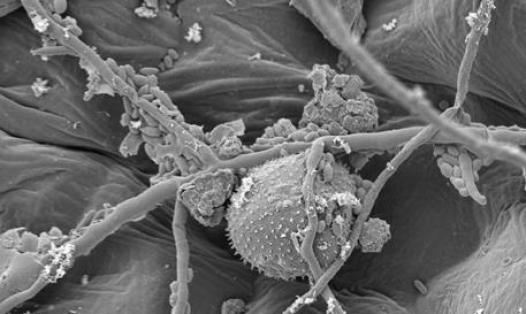
Synthetic community [SynCom] transfer for the...

Immune targeting agents are transforming the treatment of cancer. We have identified the TGFβ1 – NRP1interaction as an important signaling axis in controlling the immune response to tumours. This project works out the details of the molecular interactions for TGFβ1 – NRP1using computational, biophysical and cell biology methods. The results will provide fundamental knowledge important in the development of new therapies for cancer.